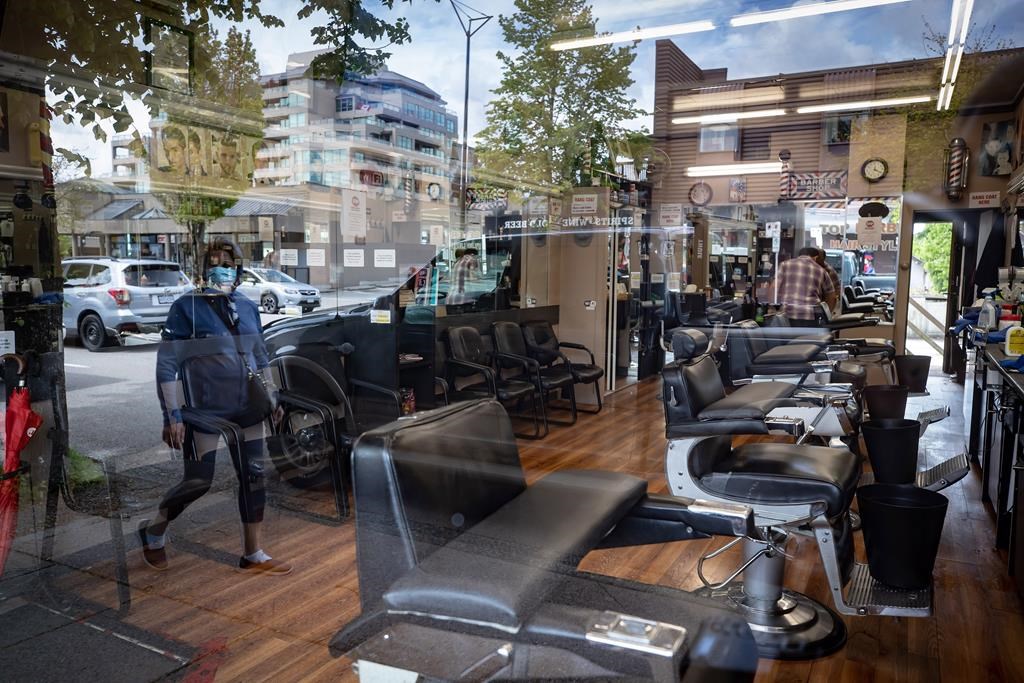Business owners are looking at ways to help make ends meet as they plan to reopen shops, restaurants and salons across Canada, and one way could be to implement a COVID-19 surcharge on bills as proprietors begin to shoulder the costs of providing personal protective equipment (PPE) to staff and, in some cases, customers.

Some businesses in Alberta and British Columbia are already implementing COVID-19 surcharges in businesses such as hair salons and dentist offices and it appears some Ontario proprietors are considering it.
“Some people are charging more, some people are charging a bit less. We came up with the number because it pays to cover the basic cost of what we’re going to use,” explains David Newman, owner of “Hair by David & Co.”, a salon on Richmond Street in Toronto.
“We’re not going to make any money off this.”
Newman is preparing to reopen once the provincial government gives the green light.
With that comes essentially a new business plan, extended hours, limitations on the number of customers allowed, improved sanitization methods and a barrage of personal equipment.
“Every hour something new comes in an email from a company, from the government, from a news source, from people requesting things, changing everything, banking all kinds of stuff. Every day it keeps shifting.”
And it is too much for some to grapple with.
New data released from Statistics Canada shows about 40 per cent of retailers closed their doors in March as losses continue to mount.
A recent survey from the Canadian Federation of Independent Business (CFIB) has determined some members have lost more than $200,000 dollars since March.
“The businesses had no income, likely for several months; they’ve had a whole new wrath of new costs and we’re going to have to sort out the trade-offs as we get back open and we’re running across the country,” explains Dan Kelly, the executive director of the CFIB.
As for a COVID-surcharge, it appears many businesses may steer clear of that out of fear of losing customers.
Kelly says a fee would make more sense when it comes to close contact services.
“While COVID surcharges are likely to be very rare, I think that there are many Canadians that understand that small businesses are struggling just like they are,” added Kelly. “It may be viewed as a reasonable trade-off.”
Consumer advocacy groups say if a surcharge is added, it should be clear to the consumer paying for an item or service.
“So that we can have a choice whether to deal with that company or not,” adds Bruce Cran, president with the Consumers’ Association of Canada.
Cran points to government programs that have helped to cover lost wages.
“Should these people be asking us to pay twice? And I say no we should not be paying twice. The government is more than sufficient to keep things going.”





Comments